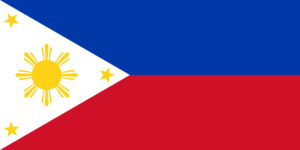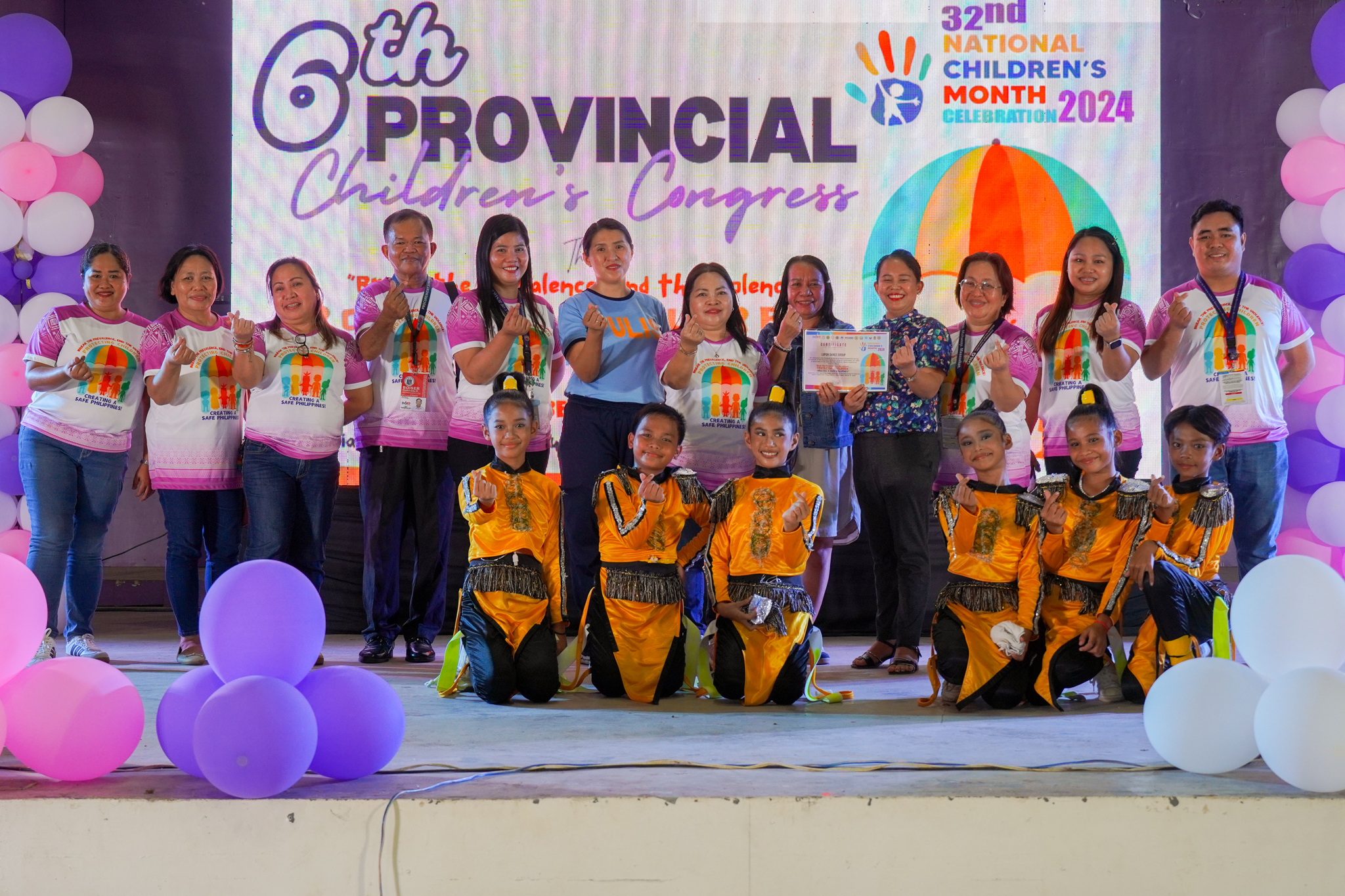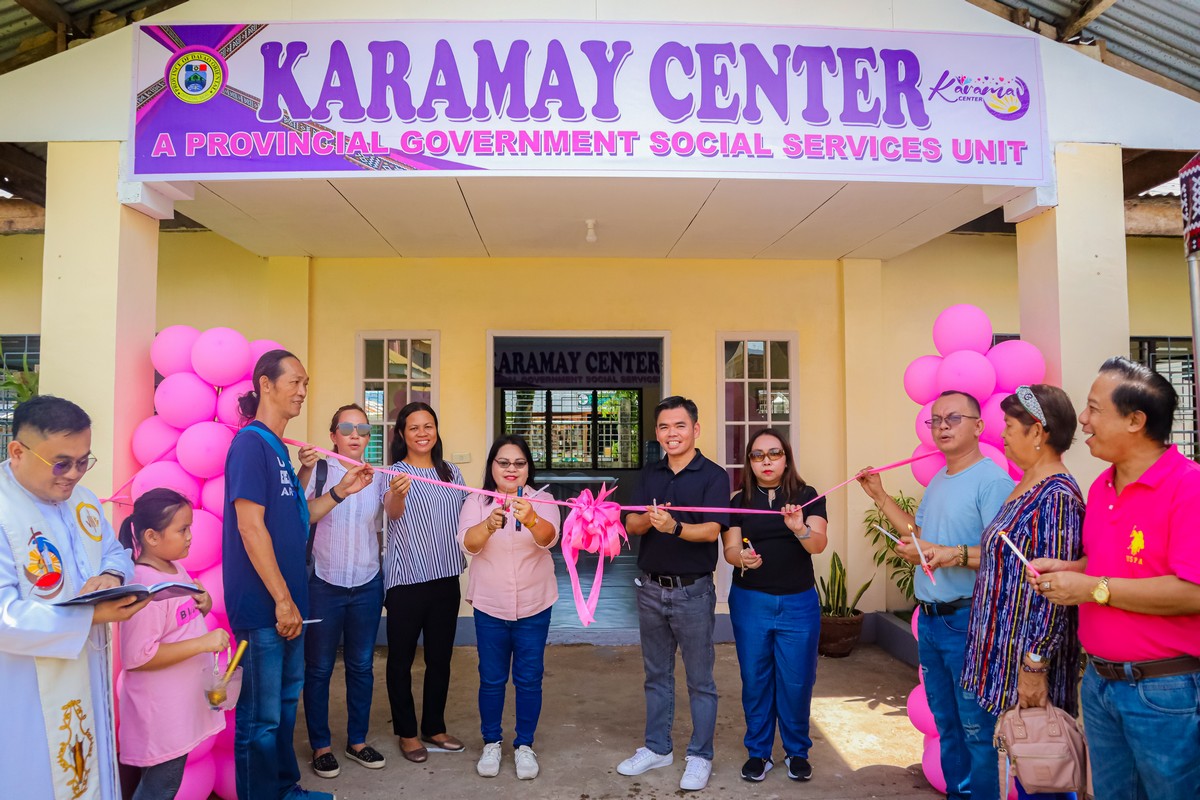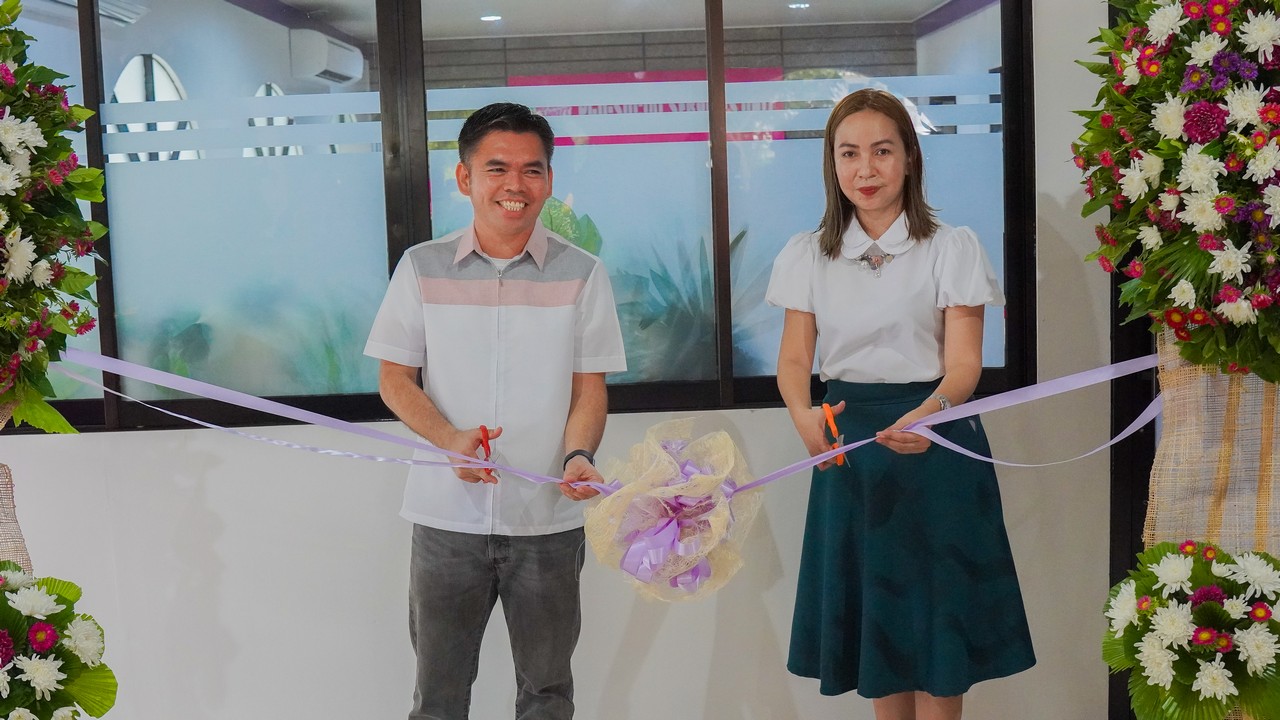The province of Davao Oriental joined forces with the Department of Social Welfare and Development (DSWD) to implement the supplementary feeding program during the community quarantine period and any other similar emergencies to address hunger and food security among Davao Oriental residents.
The implementation of the government’s Enhanced Partnership Against Hunger and Poverty (EPAHP) Program in the province of Davao Oriental officially kicked off following the signing of the Memorandum of Understanding on Friday, September 24.
The Enhanced Partnership Against Hunger and Poverty (EPAHP) is a convergence program that primarily yearns to help mitigate hunger, ensure food and nutrition security, and reduce poverty in urban and rural communities, including marginalized communities.
“The DSWD is the head agency in the implementation of the EPAHP program that addresses hunger and poverty issues through the merging of essential services of various government agencies that would directly benefit the poorer sector of the province,” DSWD-Davao Oriental Head Officer Sarah Gudes said.
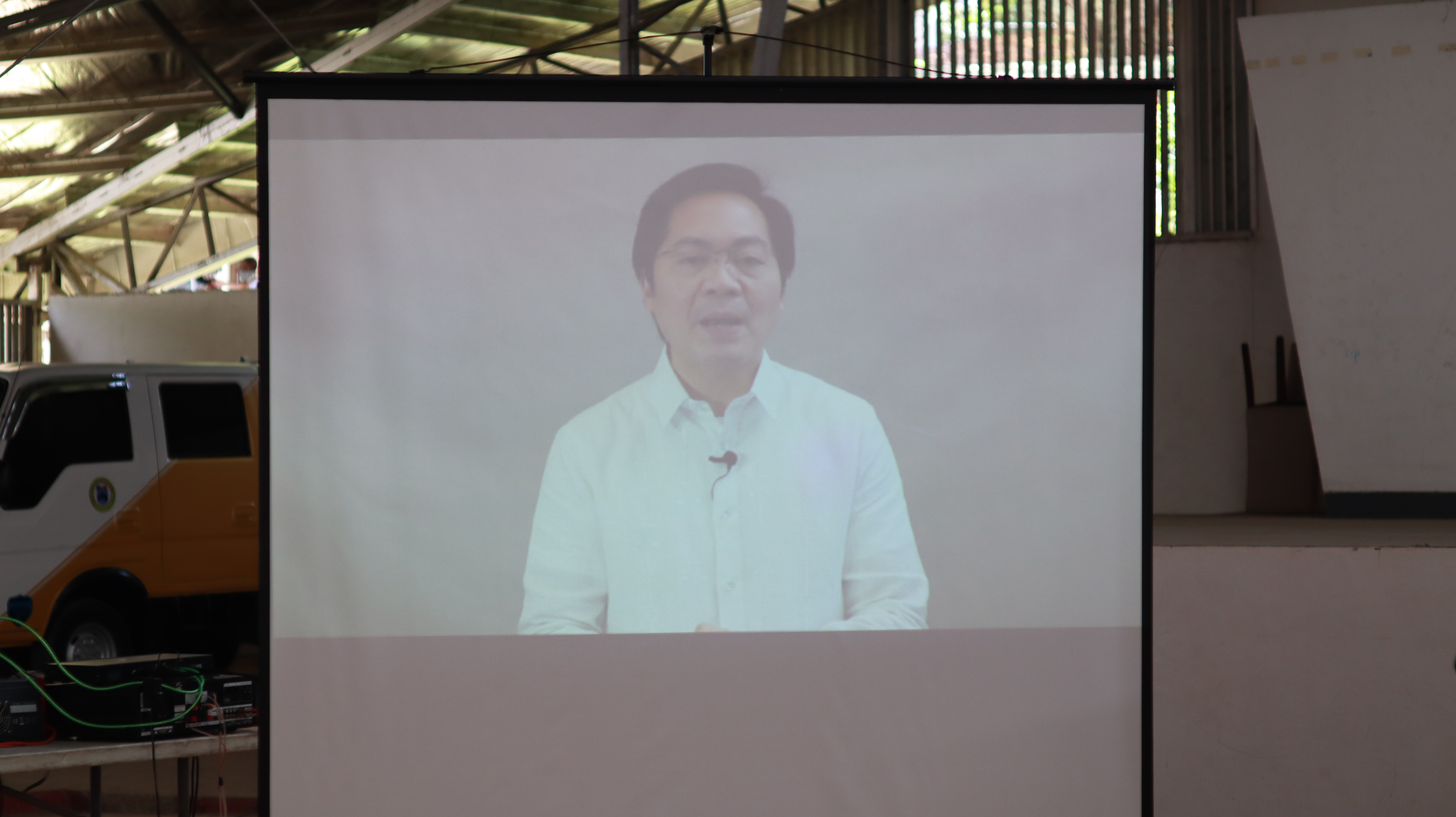
Cabinet Secretary Karlo Nograles said the government was determined to solve the twin issues of food security and hunger by helping farmers increase their incomes through heightened agricultural production and granting ready market access to their farm produce to government agencies such as penal institutions, public schools, and public hospitals.
“EPAHP is one of the core programs which aims to increase farm production, supplement farmer’s incomes, ensure food security and reduce poverty in the countryside,” he said.
The said program is tied to the Sustainable Development Goals of the Philippine Development Plan 2017-2022 and similar directives of President Rodrigo Duterte, the main goal of which is to reduce poverty incidence to 14 percent during his term.
Various organizations work under the EPAHP umbrella, including the Department of the Interior and Local Government (DILG), the Bureau of Jail Management and Penology (BJMP), the Department of Education (DepEd), Department of Health (DOH), National Nutrition Council (NNC), Department of Science and Technology (DOST), Department of Trade and Industry (DTI), National Anti-Poverty Commission (NAPC), Technical Education and Skills Development Authority (TESDA), National Irrigation Administration (NIA), PopCom, Department of Information and Communication Technology (DICT), Philippine Coconut Authority (PCA), Development Bank of the Philippines (DBP), and Landbank.
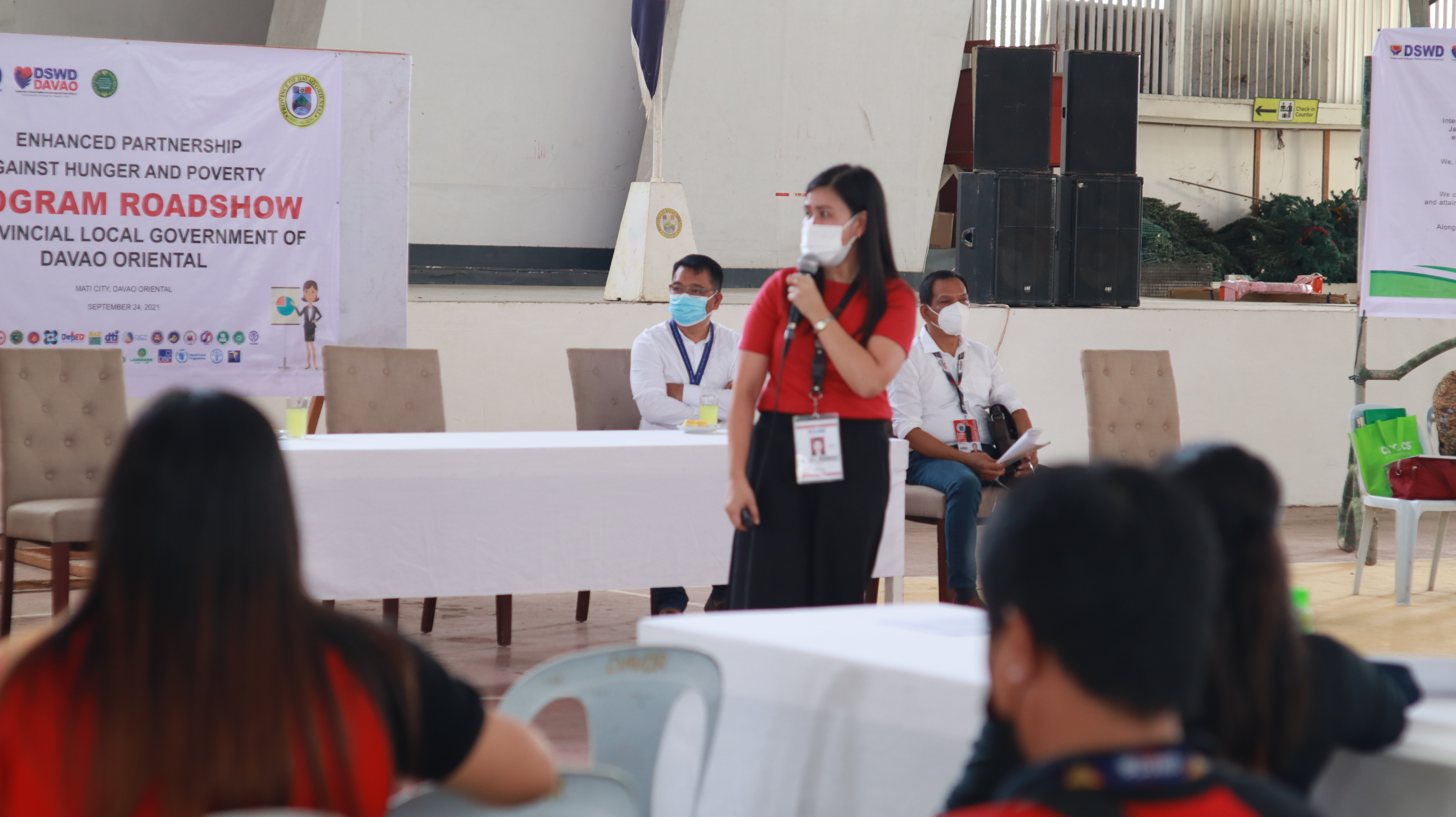
Among EPAHP’s core features is market access for community-based organizations by linking local farmers’ organizations to institutional feeding programs of government. The program also identified a few ways to ensure food stability for emergencies like the implementation of the Assistance to Individuals in Crisis Situation (AICS) program; general provision of food and non-food items during disaster response operations; feeding programs for persons deprived of liberty; retained hospitals in-patient feeding; school-based feeding program; and feeding program for the pregnant women and children.
In addition, the DSWD also implements the Sustainable Livelihood Program (SLP) and the provision of P600 monthly rice subsidy for Pantawid Pamilyang Pilipino Program beneficiaries to ensure resiliency for food supplies, and secure nutrition adequacy and prevent malnutrition for vulnerable populations.
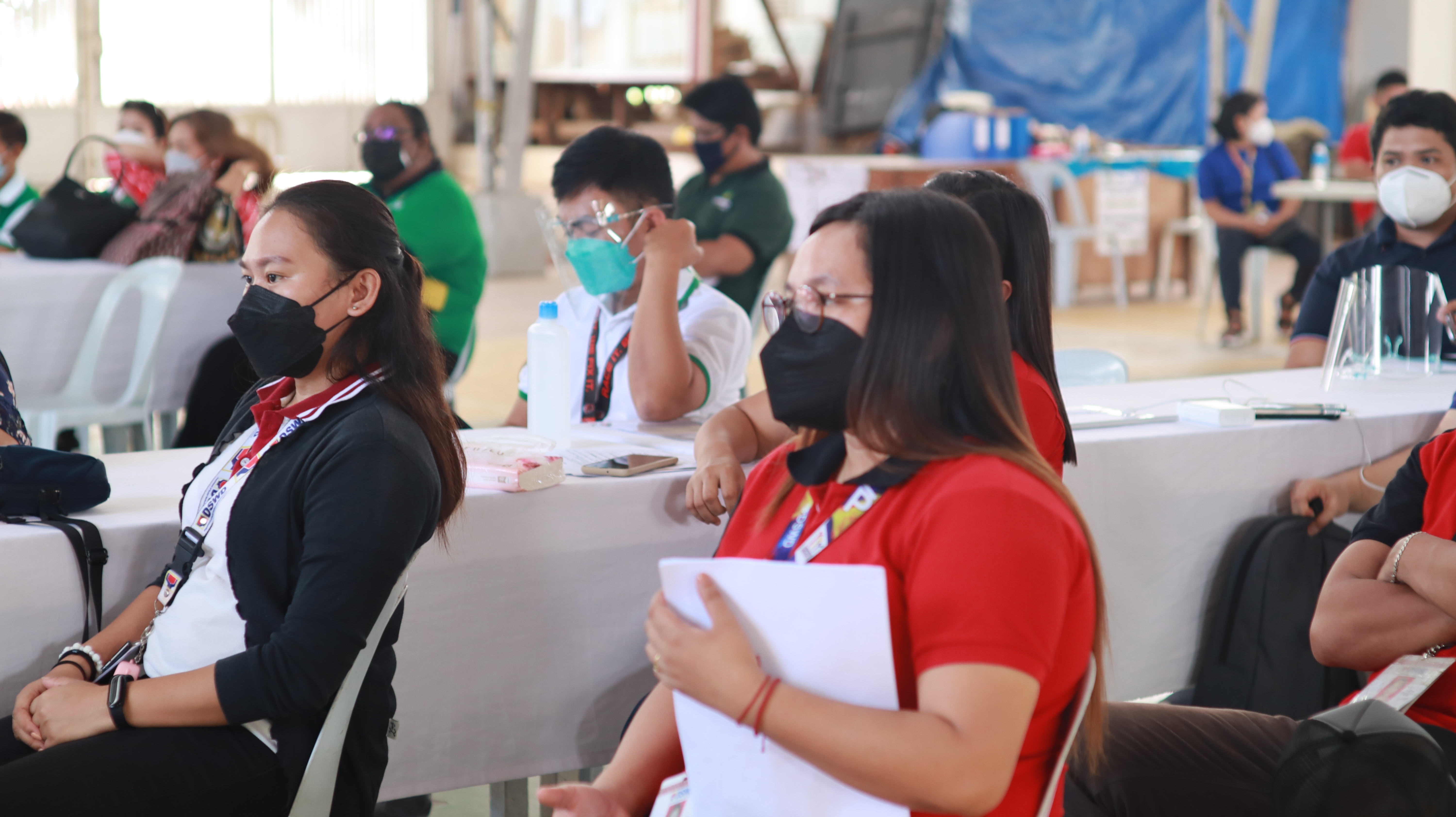
Amidst the crisis, the province of Davao Oriental headed by Governor Nelson L. Dayanghirang remains committed to jointly work with all the agencies involved to address the hunger problem in the province, and ensure nutrition, food security, and sustainable agriculture across Davao Oriental.
